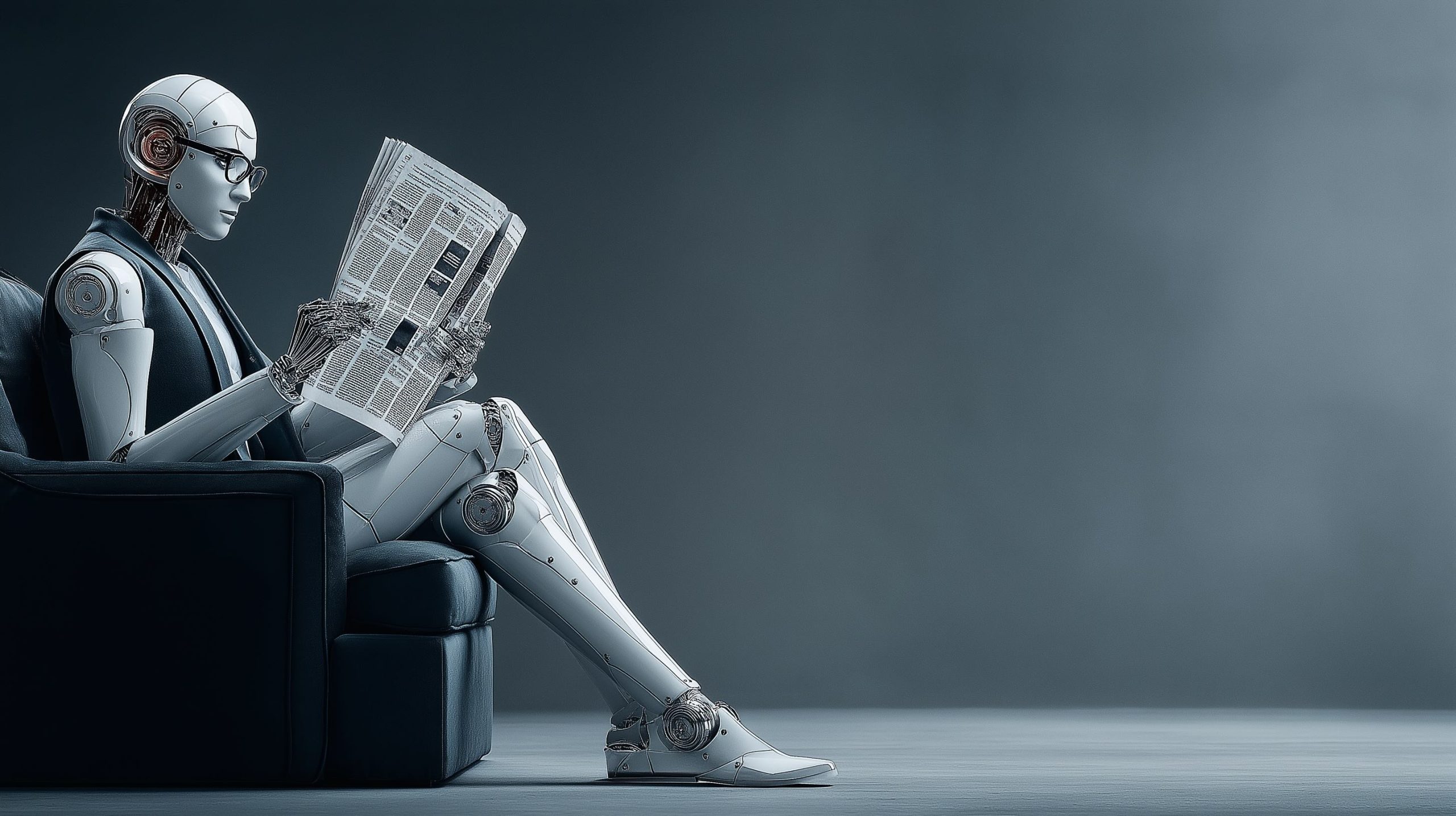




July 14, 2025
Venice Real Estate Market (2025–2030)

July 13, 2025
Lake Como Real Estate Market 2025 – Comprehensive Report


July 13, 2025
Oxford Real Estate Market 2025 and Beyond

July 12, 2025
Courchevel 1850 Real Estate Market Report 2025: Luxury Alpine Trends & Outlook 2026–2028

July 12, 2025
Real Estate Market in Lausanne (2025 and Beyond)












July 7, 2025